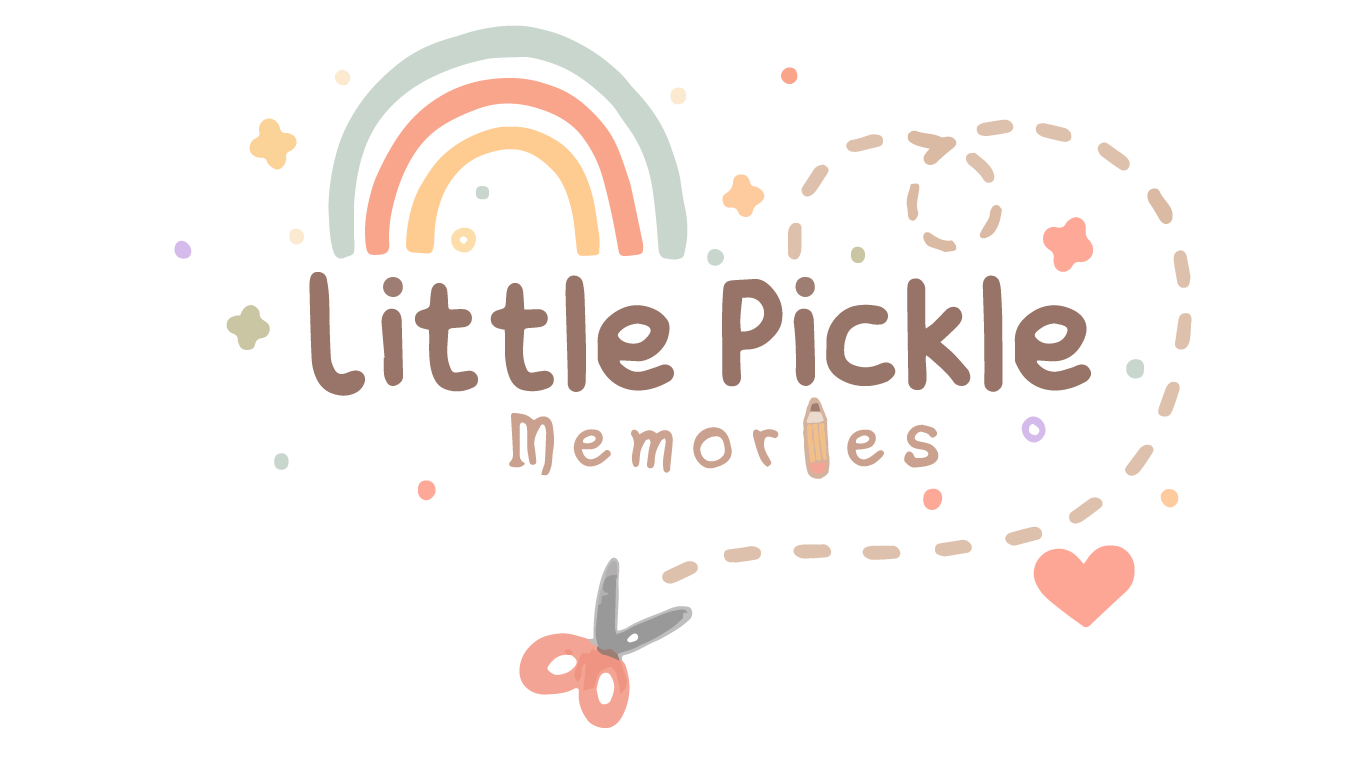10 Tips for Self Employed Parents!
Being a parent is hard. Running a business is hard. The two together? You’d be insane to try! I’ve been a self employed parent for over 3 years (whilst having a job for most of that time), so I’ve picked up a few tips and tricks that have helped me to stay sane along the way!
#1 Delegate
I’m so lucky to have amazing friends and family who help me out when needed, so I use their offers of help whenever I can- from tasking my wife with checking we have enough stock, asking family to take orders to the post office during their school run, and getting Riley (our daughter) to stick labels on to the orders to send out. Some of these tasks seem tiny, but each one helps!
I’ve previously found that ‘If you want something doing right, do it yourself’, but more recently have added on ‘or delegate properly!’. This means producing thorough how-to instructions for whoever you’re delegating to. It’s worth investing the time in showing someone how to do things properly, as it will take a lot longer to try and recover from any mistakes if they do it wrong! How-to documents and proper delegation can also help if something happens unexpectedly and you need someone to help on short notice. Bear in mind that different people learn in different ways, so I find it’s important to show them, tell them, and write the document for them- that way you’re covering all bases!
#2 Outsource
It’s important to weigh up your strengths and weaknesses- and consider the time it will take to convert those weaknesses into strengths. For me, the perfect example is product photography- I spent hours researching how to take good photos, looking for quotes for photography equipment, cameras, sorting out somewhere I could take the photos, etc., but then my photos were still rubbish! I quickly realised a professional photographer has all of that already, and there would be a LOT less trial and error. Outsourcing doesn’t mean you are failing- it means you are using your time to do what you do best! You can also look into half and half- for example hiring someone to do your social media- you write the blogs and they post about it.
As with the delegating point above, it’s important to be very clear what you want, when, how, etc. Ultimately, if you’re outsourcing to the right people, they will be the experts in their field, but it’s still important to let them know about your business and what you want.
#3 Separate Work Times
This is something I learned the hard way while at university- I was constantly doing work, but I didn’t really achieve much, because I was working while cooking, while watching TV, while seeing friends and family, and it wasn’t great for me, the work, or my friends and family! I changed my mentality, so I dedicated 9-5 to university work, and then had the evenings and weekends off. I was working less, but achieving more. Having a baby has flipped that on its head, so now I mainly work 5pm to 9am! It’s the same principle- I want to be present when around my daughter- not just physically present but also mentally and emotionally- if I’m sitting next to her while working then I’m not able to do that.
Don’t feel guilty for using friends, family or childcare to look after your little one when you work- your child would rather have undivided attention for 1 hour than have half of your attention for 2 hours!
#4 Have a separate work environment
The ideal would be to have a room or space dedicated to working, which is separate to your living area, but this isn’t always possible. You can, however, change other parts of the environment to make work time feel different to life time- having music on instead of the TV, sitting on a different chair, at a different part of the room, using a keyboard and a mouse instead of your laptop, etc. These all seem like small changes but it can help you to get into ‘work mode’.
#5 Music
Music helps me get into the ‘zone’, and I find that different types of music help with different tasks (creative tasks, financial tasks). The aim is to work smarter, not harder. Getting in the zone means I can get 3 hours worth of work done in 1 hour.
#6 Streamline processes
From having your commonly used websites as ‘bookmarks’ on your browser, to pre-packaging your stock, there are a few things you can do to streamline things. We use social media schedulers, auto responses, and online sales integrators to pull through orders to our couriers website. By taking steps to make each stage a bit easier and quicker, it all adds up- ultimately giving you more time to do other tasks! Try and do at least one thing every day that will help the ‘future you’!
#7 Work on the go
I use google drive to store all my documents, meaning I can update documents when I’m in the car waiting for school to end, while I’m waiting in the queue at a supermarket, etc. I also have apps for my selling channels so I get notifications if customers reach out to me. This does kind of go against the ‘have separate work times’ point, so I try and just do simple tasks that I don’t want to hold off (like responding to customers messages).
#8 Housework
Team TOMM (The Organised Mum Method) is a method to stay on top of your housework tasks in just 30 minutes per day. I find that this helps me to switch off from housework so I can start “work work”.
Delegate housework. We share housework equally in our house (between me and Nat), but we get Riley to chip in too! She helps us to load and unload the dishwasher, loves to mop the floor, helps with gardening, and helps tidy up (using the Tidy Up Rhumba song for motivation).
Lower your standards- does every single item of clothing need to be ironed? Does every room need to be hoovered every day? I find that lowering my standards (while still having some standards!) has reduced the amount of time I spend doing housework.
Multitask- we usually clean the shower while we’re in it, clean the sink while we’re brushing our teeth, etc. That way it breaks down the ‘housework’ portion of our day, leaving more time for work.
Delays on machines- we load the dishwasher on the evening, and set it on a timer to come on in the morning- so we open it when we get down in the morning, giving it time to dry, in time to unload it when we get back from the school run. We do the same with the washing machine!
#9 To Do List
I use ToDoIst to schedule my tasks. I have projects for one off projects (new product launches), and recurring tasks for tasks that happen regularly (e.g. check stock levels once a week). I have the premium plan of ToDoIst so I can make ‘template’ projects, and then duplicate them with each relevant project (I have a ‘template product launch’ project, which I duplicate for each particular product- then I assign deadlines to each of the sub tasks under that.
I also delegate tasks on my ToDoIst list to Nat, so it’s easy for her to see what I want doing and when (going back to the first point!). This means I spend less time saying “can you do this for me please?” as she gets reminders on her phone about them anyway. (We both have the ToDoIst app- for working on the go!)
#10 Stay Flexible
It’s important to keep things in perspective- being self employed means you have some luxuries that others may not. This means that if your little one falls ill, if they have a school performance, or if they just want some snuggle time, that you are able to take a break from work and give them what they need. It’s all about balance, but I’ve found if I give my daughter an hour or so of undivided attention, she doesn’t demand it for the following hours, whereas if I’m multitasking while playing with her, she demands more attention, and I get less work done. I therefore try and have dedicated time to give her undivided attention, and time for working.
I hope these tips help you to manage your time more effectively, and help you to get the work life balance that self employment can offer- it just takes a bit of work to get there!



Leave a reply